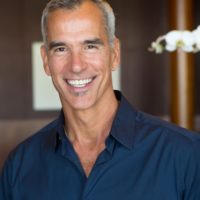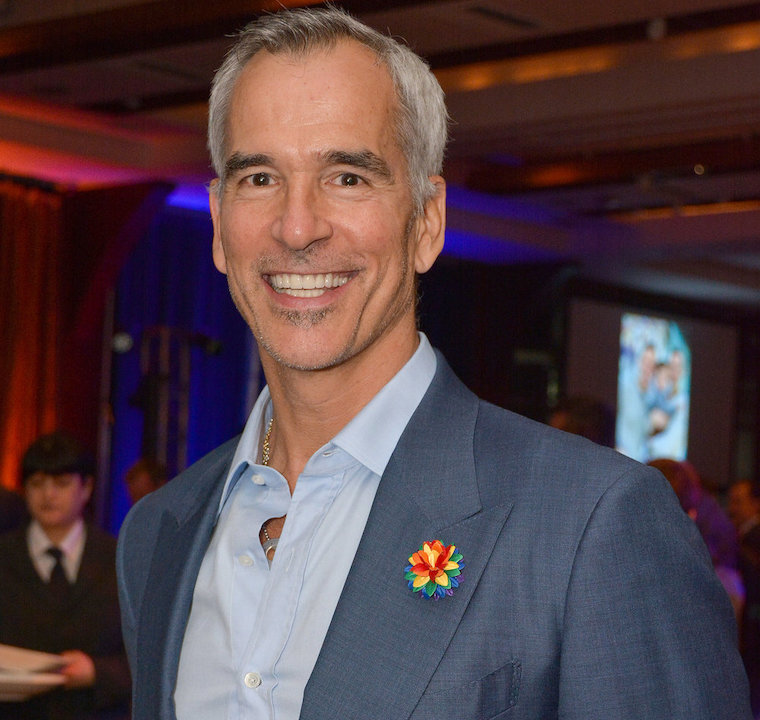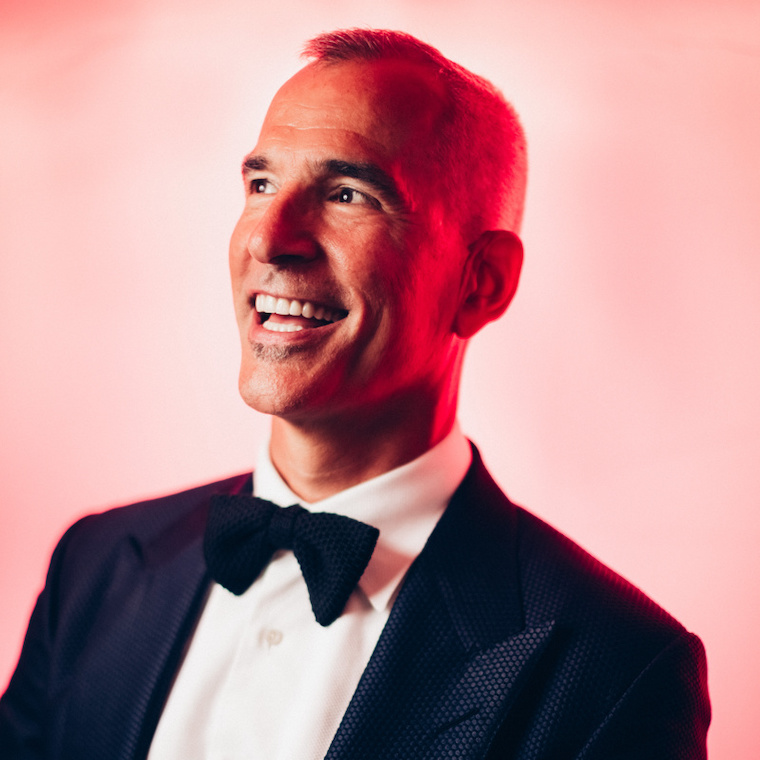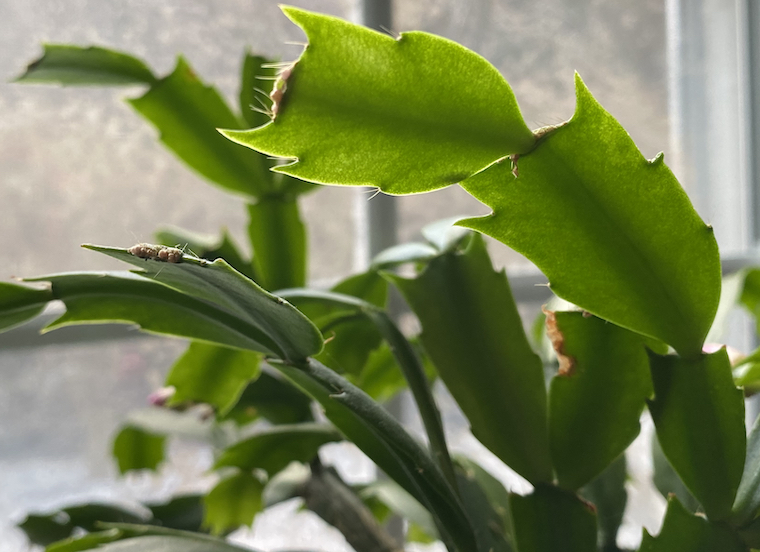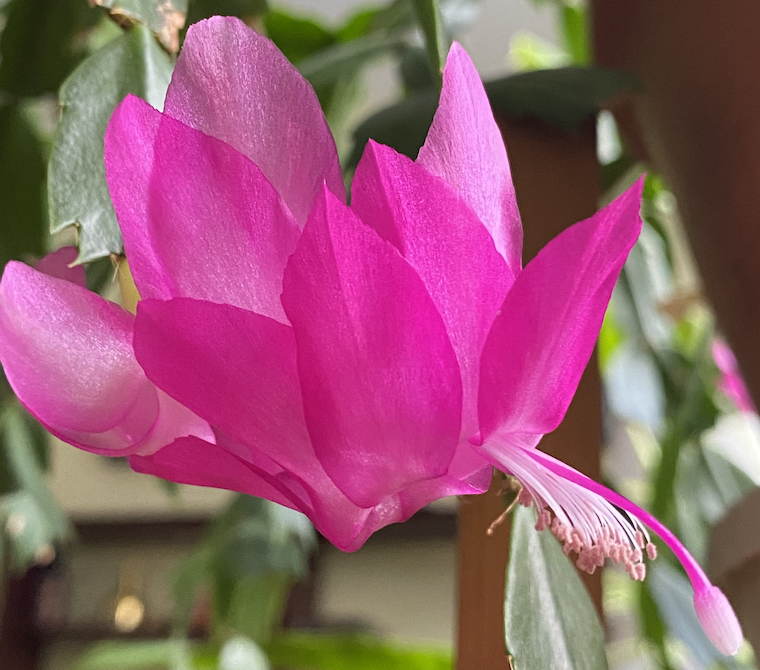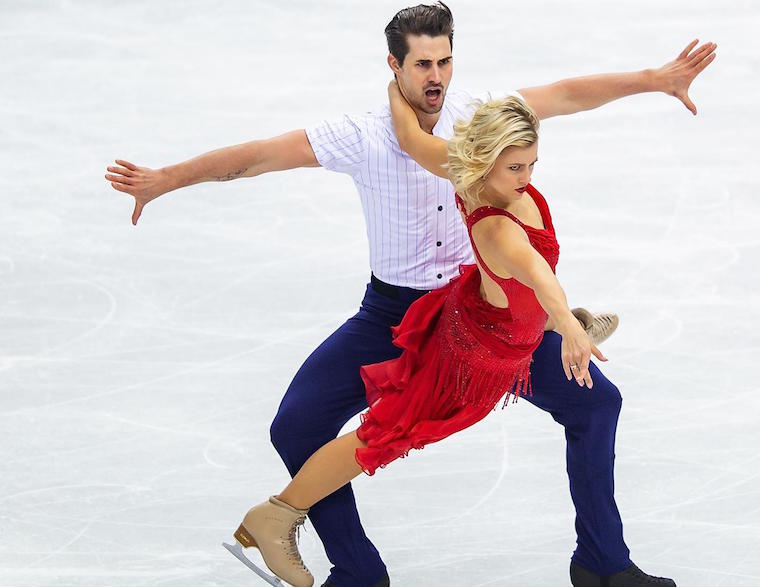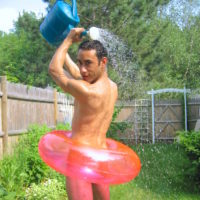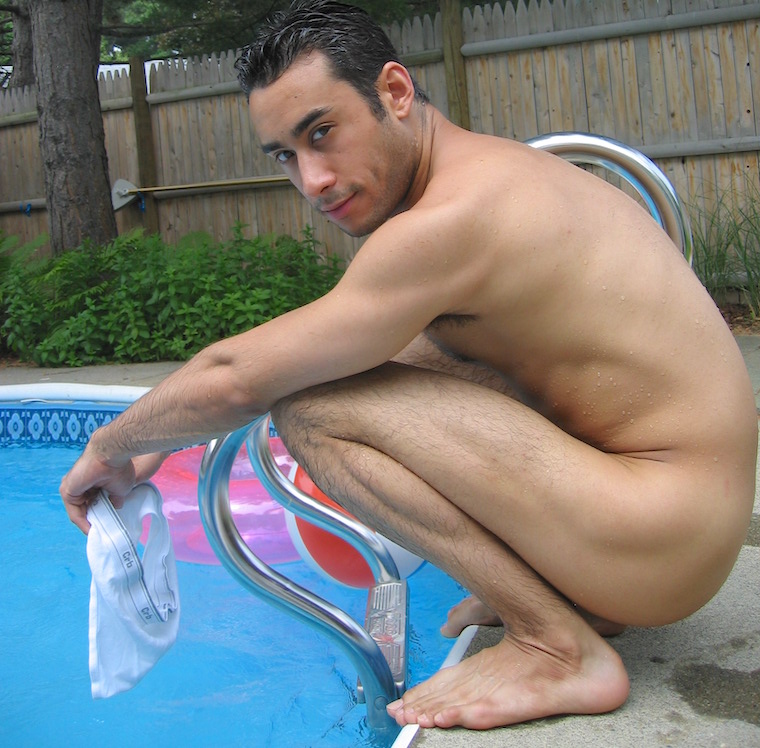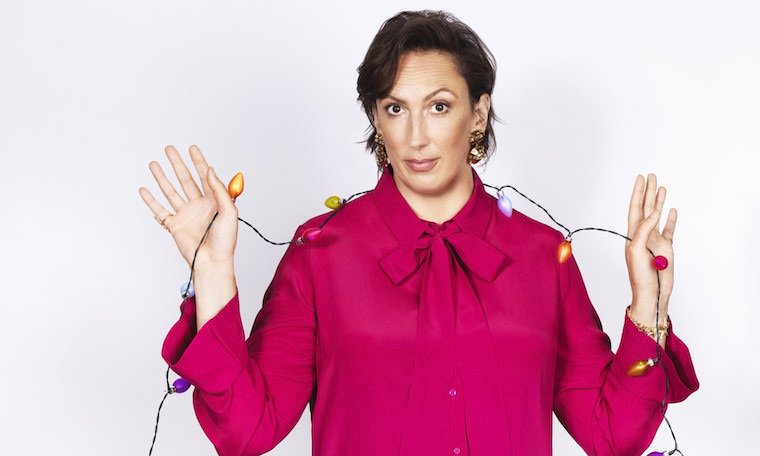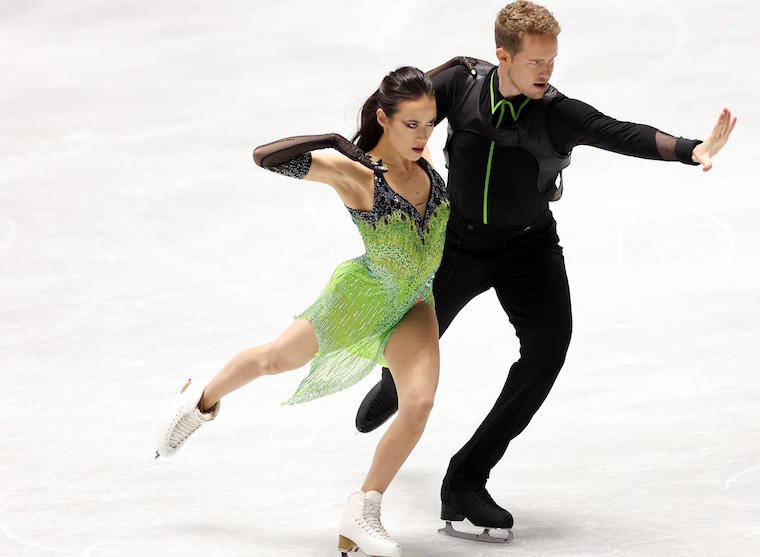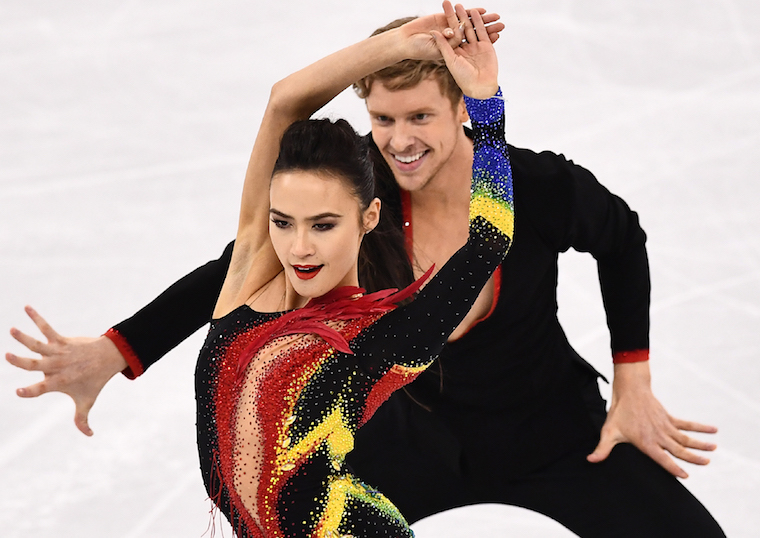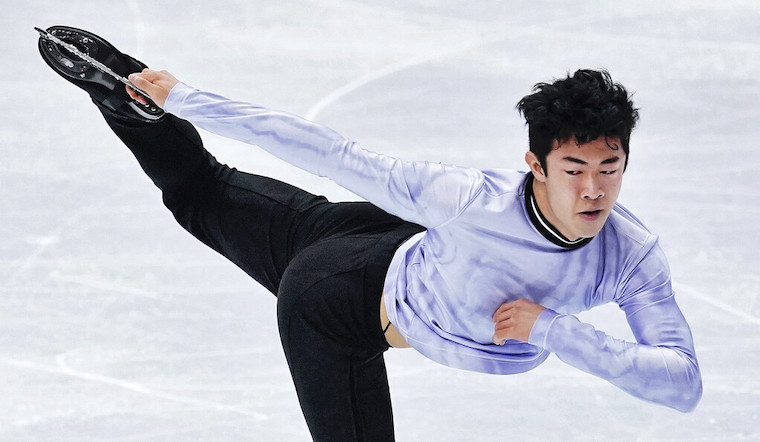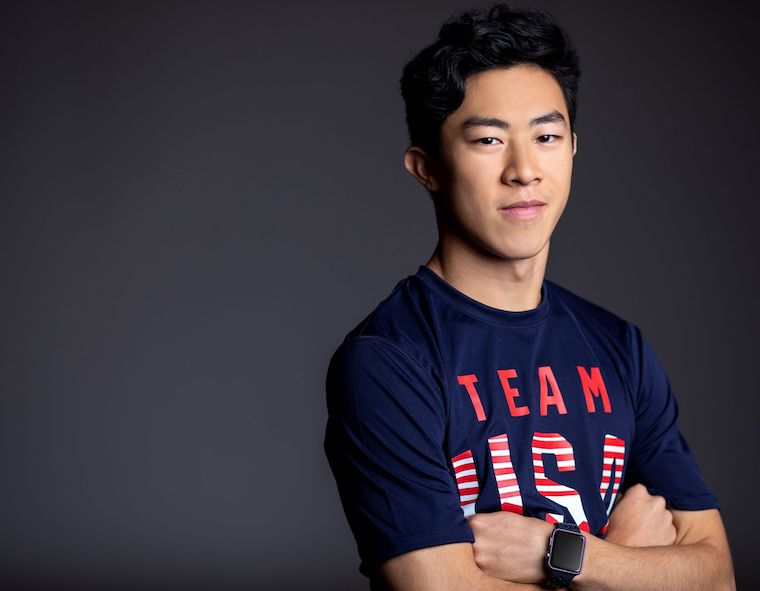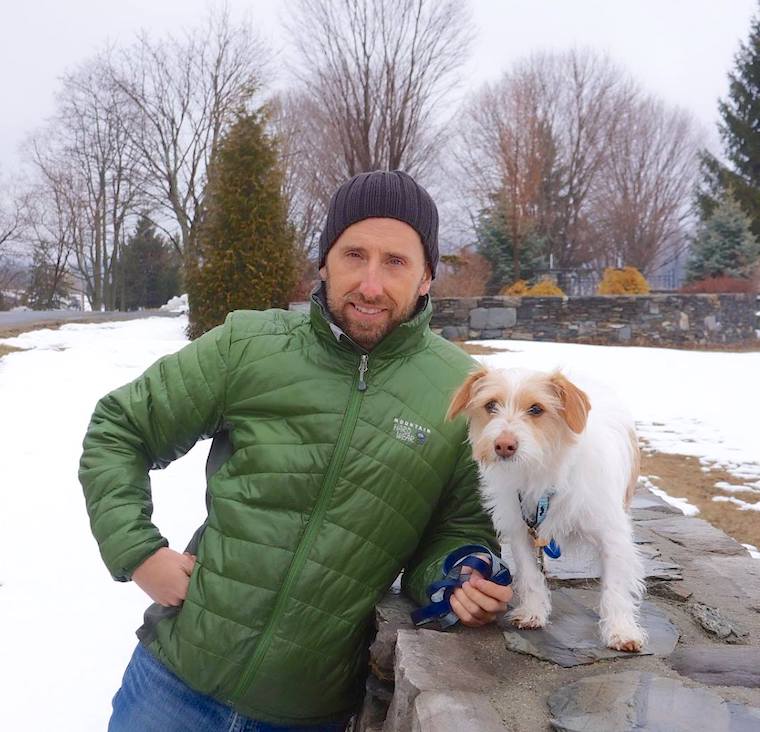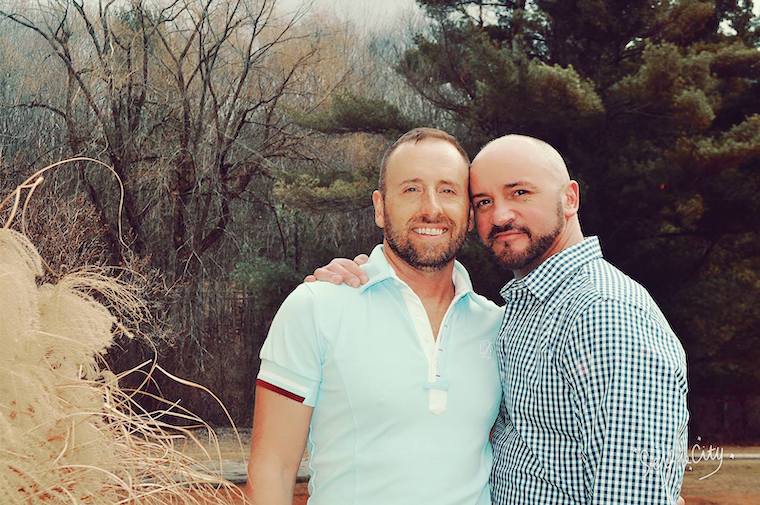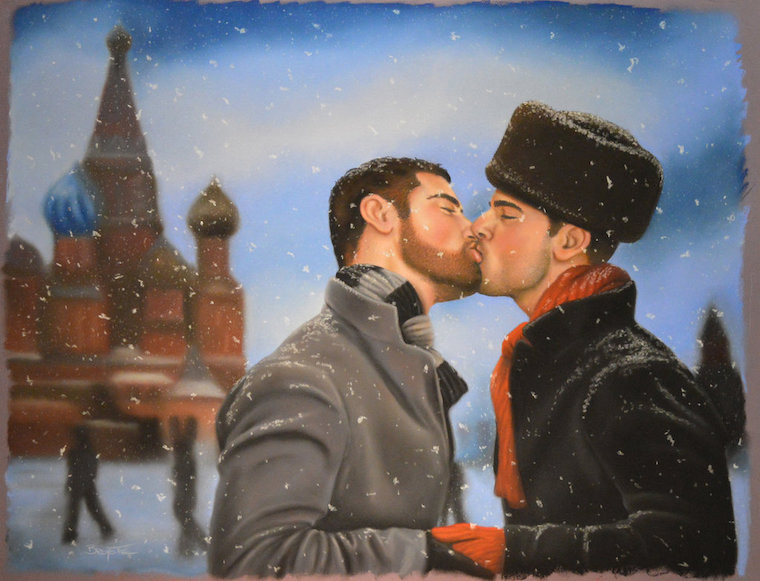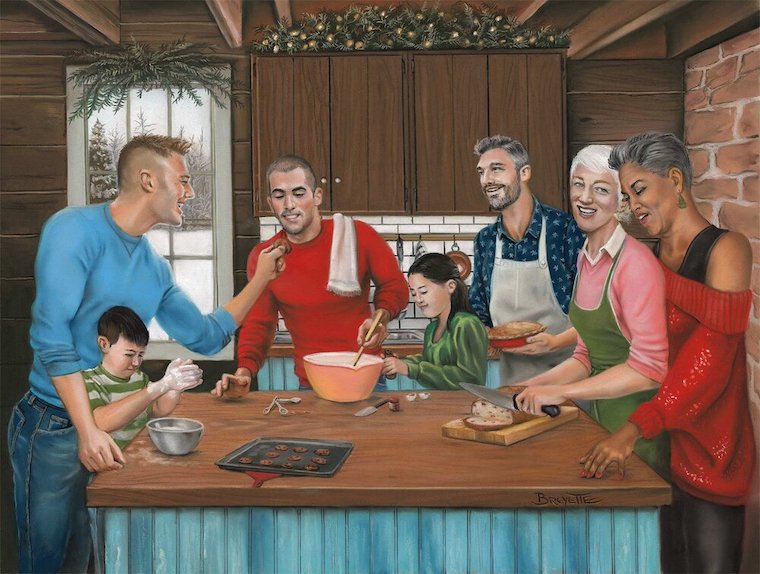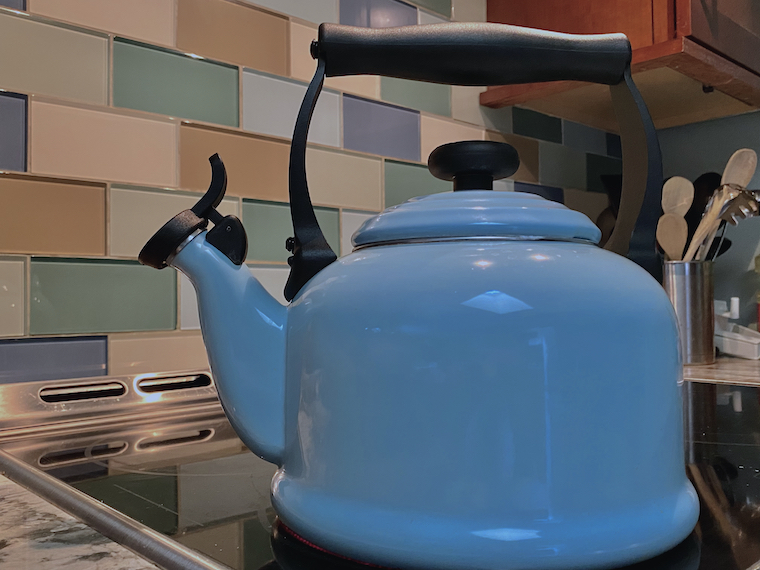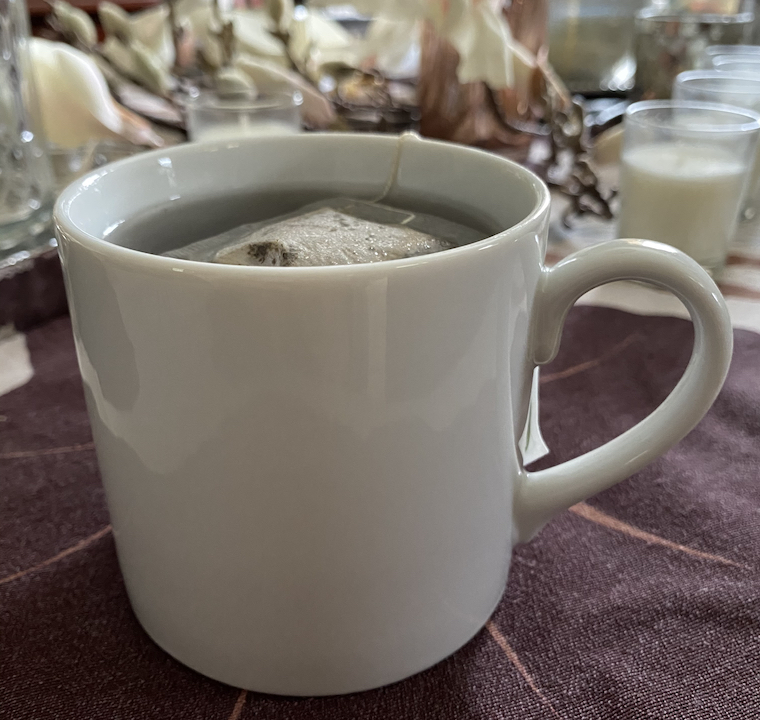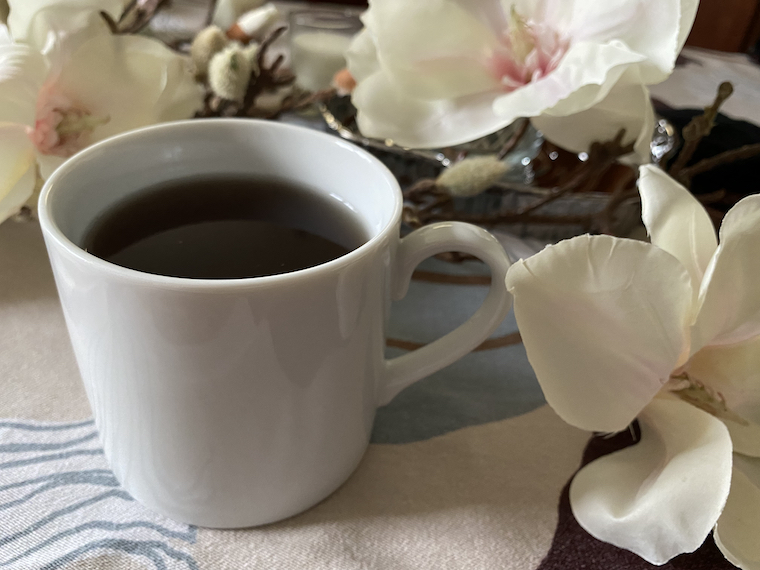After four decades of feeling confused, out-of-place, and like I didn’t belong anywhere, after four decades of trying to figure out why so many things felt so wrong, and after two decades of self-medicating with alcohol and other destructive behavior, when I finally figured out that I had social anxiety it was the biggest relief, the biggest revelation, and the biggest let-down all at once. That such a simple and unassuming issue had been at the root of all that ailed me – all those missed days of school that were as much from allergies and colds as they were from fear of facing people and making speeches – was as unglamorous and dull as it gets. Yet it solved the previously-impenetrable riddles of so many problems that had plagued and haunted me, opening up rooms that my own inability to ferret out the cause had left locked and empty for years.
When the revelation came to me, right around the time I started therapy, it made quitting alcohol an instant and relatively easy action, even if drinking had become my own lifestyle brand. As soon as I understood how I’d been using alcohol as a crutch to see me through socially anxious moments, I suddenly didn’t need or want it as much. The mere identification of the problem, and all its accompanying offshoots of problems, rendered such a false fix immediately irrelevant. I was smart enough to focus on what was really the driving problematic force: it wasn’t the drinking – that was only a symptom – it was the social anxiety, and my introverted nature.
Not that it was an easy and overnight fix. As easily as I immediately stopped drinking, I also ran into difficulty right around that time with two panic attacks in one day – the first surrounded by a room filled with strangers at a work meeting at a legislative building in Albany, and the second in my own office building, surrounded by people I’d known and worked with for over ten years. I had to call Andy to pick me up early, and I couldn’t even describe what was happening other than I thought I might be having a heart attack (which I didn’t voice out loud because I was certain it would land me in an ER when I was certain it wasn’t that extreme). In both instances, I felt a shortness of breath, and then an uncharacteristic outbreak of sweat that started running down my back and chest. Initially I thought I was just overdressed and overheated in my fancy vest and wool pants, but the feeling of abject terror and something akin to paranoia made it altogether much worse.
My absolute ignorance of panic attacks may have been what saved me that day – the not-knowing may have acted as a strange sort of protective device, the same way that not knowing what was happening during my very first hangover prevented me from throwing up. The body simply did not recognize what it was supposed to do at times of such extreme duress. Discussing the incidents with my therapist, we both came to the conclusion that I’d had a pair of panic attacks, stimulated as much from the new realizations as from the uncomfortable situation of being in crowded groups of people and having to interact with a number of strangers.
When that became clear, and when I understood what to look for and how to better prepare for such situations, I felt some relief in having a plan and a comprehension of how my social anxiety might rear its challenging head. Then COVID hit and I was granted an unexpected, and unexpectedly long, reprieve from testing it all out.
Since then, the world has started getting back to a new normal, and I’ve been around people, albeit on a much smaller scale, and while I still have tough moments, they don’t feel as stultifying as they once did. I’m also ready to talk about it more, something that helps me, and maybe someone else.
A few months ago I was sitting with my friend Julio while on this wonderful visit to Connecticut, and we were catching up when I told him of my social anxiety and how I had stopped drinking. I explained how intrinsically shy and introverted I was at my baseline everyday life – and he was genuinely surprised. It’s a reaction that happens often, due to my own fanciful machinations on this blog and on social media, and the way that I can, when absolutely necessary, muster all my energy and pizzazz and present a fully confident and outgoing persona, even if it’s the exact opposite of how I most often feel. He thanked me for telling him that, saying that it made him feel better about his own challenges and doubts, and I realized in that moment that sharing such things might help others to acknowledge and feel better about their own issues – and dent the fallacy that is my perfect image.
Baby steps. Little goals. Bits of progress. Taking the winter a few moments at a time…





